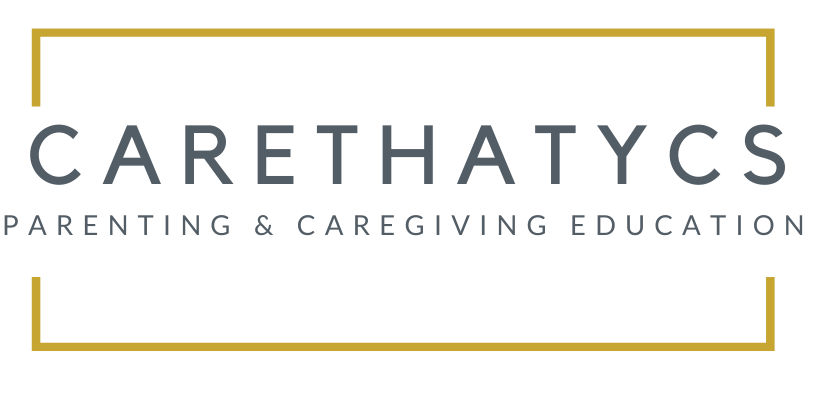According to the World Health Organization (WHO), a baby is considered premature when they are born before completing the 37th week of pregnancy. The classification of the baby’s prematurity according to the time of pregnancy, can be:
- Extreme premature baby: when they are born before 28 weeks;
- Very premature baby: born between 28 to 32 weeks of gestation;
- Moderate premature baby: when born between 32 and 37 weeks.
The more premature the baby is born, the greater the health risk is exposed, as their organs and systems are not yet fully developed. However, it is possible for the preemie baby to have normal development and good quality of life when they receive proper and special care, extra dedication, and attentiveness from the parents and caregivers, and also, the great collaboration of the continuous advancement of medicine.
Premature babies have some characteristics in common, such as:
- The head is larger in relation to their body;
- Because they have little body fat, they have little subcutaneous tissue too;
- Their skin is usually thin, pink, and shiny. In some cases, they can be covered with lanugo, which is fine, thin hair;
- Their muscles are more fragile and their physical movements are smaller as well;
- The ears are thin and have little buckling;
- Breathing tends to be faster and more irregular;
- The veins are often visible
In addition to having difficulty and not being able to maintain the ideal body temperature, premature babies may suffer other complications, such as breathing problems, some difficulties in feeding due to reflexes, and swallowing inappropriately. In more severe cases, they may suffer from retinopathy, one of the main causes of blindness in childhood, also mainly caused by prematurity. Depending on the degree of prematurity of each baby, it can also potentially cause neurological problems and autism.
What type of care does the premature baby need?
Most babies who are born very prematurely are admitted to the Neonatal Intensive Care Unit (NICU), due to the devices that allow precise monitoring of their condition. And, also, during this hospitalization, they go through some procedures such as:
- Staying in the incubator to maintain the baby’s correct body temperature;
- Have their vital signs, such as blood pressure, heart rate and respiratory monitored at all times;
- Commonly, feeding at neonatal intensive care units is intravenous or breast milk, which can be fed through a tube that is inserted into the nose and goes to the stomach because the baby is still unable to swallow and suck properly.
- In some cases, the baby needs a blood transfusion if they are unable to produce enough red blood cells to meet their body’s needs.
I know that parents are very concerned about seeing their baby in a Neonatal ICU and the desire to be with them, safe at home is grand, but the NICY is the place where the new baby will receive all the necessary care, being accompanied and constantly monitored by a multidisciplinary team. To get an idea, a few of the professionals who will assist them include the following:
- Neonatologist: doctor specialized in caring for newborns;
- Pediatric nutritionist: to advise on the nutritional needs of each baby and how this feeding will be done;
- Speech pathologist: which will help the baby to eat and swallow;
- Physiotherapist: will help with movements and breathe correctly;
- Pediatric cardiologist: specializes in diagnosis and treatment of heart problems (nonsurgical);
- Pediatric gastroenterologist: specializes in the treatment of stomach and intestinal problems;
- Pediatric hematologist: specializes in diagnosis and treatment of blood problems
- Pediatric neurologist: specializes in diagnosis and treatment of the nervous system
- Neurosurgeon: specializes in surgery of the brain and nervous system
- Otolaryngologist: specializes in ear, nose, and throat surgery
- Pediatric pulmonologist: specializes in diagnosis and treatment of certain lung conditions
In addition to each baby being individually evaluated to take the necessary care, some tests can be done to help the diagnosis, such as:
- Arterial blood gas analysis to check the concentration of oxygen in the blood, evaluating the functioning of the lungs;
- Tests to assess blood glucose, calcium and bilirubin levels;
- X-rays;
- Ultrasound to check how the baby’s organs are doing
- Echocardiogram
- Eye exams to check the possibility of retinopathy
We can see how important it is for the baby to be in the NICU for all the monitoring that they will receive and how important this phase is even for the parents to know and learn what type of care they will need to carry on in the future. As I know how difficult it is to stay away from your little one and not know much about what is happening, I have separated a few questions that can be asked while the baby is in the NICU:
- It is important to ask in what conditions your baby is in and how their condition has evolved;
- How the equipment helps them and offers comfort;
- If your baby is taking any medication and, if so, for what type of side effects if may pose;
- What exams has been done and will still need to do;
- What is the correct way to hold the baby;
- How long will they be fed through the tube?
- When can you breastfeed?
- What care do I need to take with my child at home, when they are discharged?
- When and how often should I return for consultations after discharge?
For the baby to be discharged, they must first:
- Be able to breathe on their own;
- Get to maintain their body temperature;
- Have control of reflexes to breastfeed in the mother’s breast or bottle;
- Gain weight in the correct manner, in a stabilized way;
- Have no infection.
After hospital discharge
When being discharged and ready to go home, it is necessary for parents to be aware of and be advised of all the necessary care that the baby will need, especially in the first months. Generally, the medical team that took care of the baby will guide parents on how to proceed. It is important to clear all your doubts at that moment, to understand in what situations and/or what the symptoms mean danger and it is necessary to have prompt medical monitoring.

